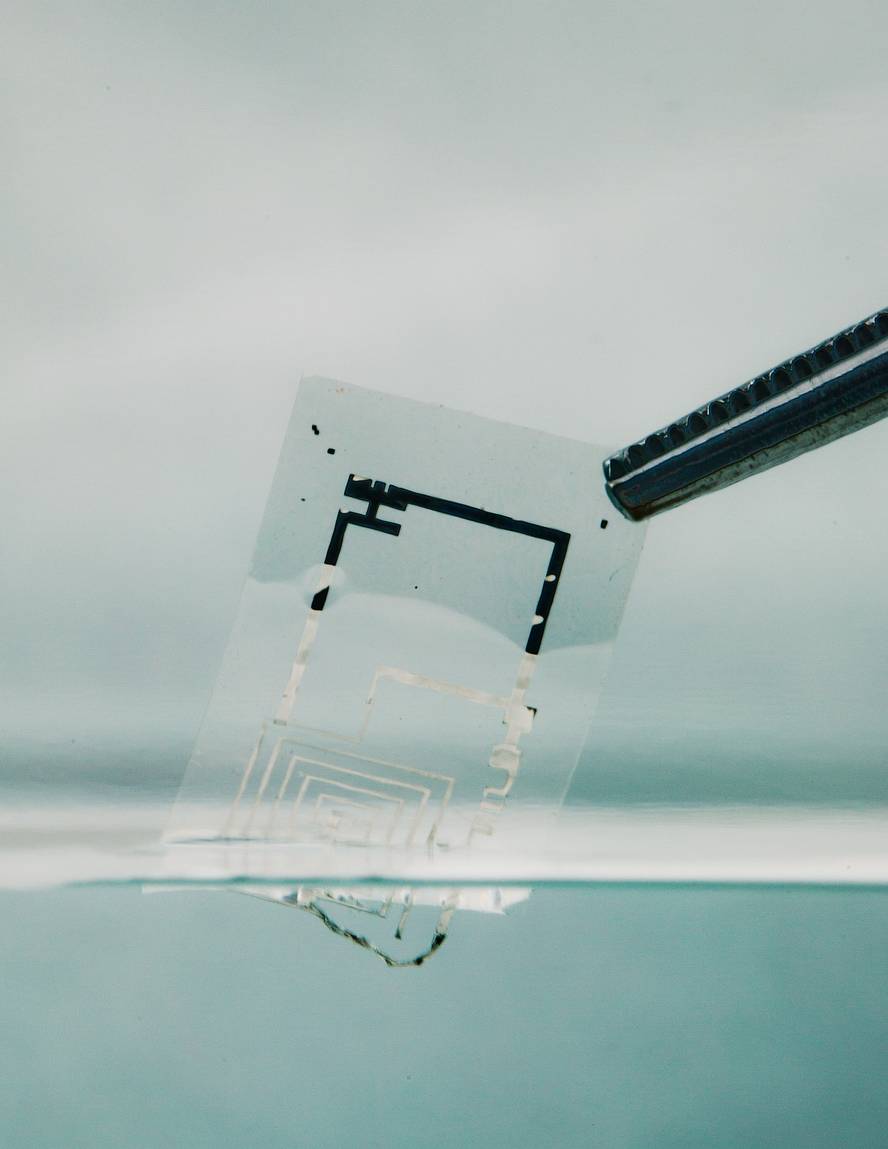Development of spontaneous decomposition electronic implants

The results have been published in the journal Science and the work is signed by researchers from universities in the United States, Korea and China, led by researcher Suk-Won Hwang. According to researchers,
biodegradable electronics developed can have applications of interest in medicine. In fact, one of the experiments consisted of testing in rats one of those devices programmed to release an antibacterial drug. Three weeks after implantation, it was found that the medication influenced and the implant was virtually gone.
In addition to medical implants, researchers believe that it is an appropriate material for the manufacture of ecological sensors and electronic devices for environmental studies. In fact, the electronic device is inside a silk packaging. The devices are formed by porous layers of silicon and magnesium electrodes, and depending on the area, the silk wrapper has one structure or another to last more or less unundone. While it is convenient for medical implants to last about a couple of weeks, an electronic consumer device should last a couple of years.
According to the researchers, the next steps will be to test other applications and keep experimenting with animals.





